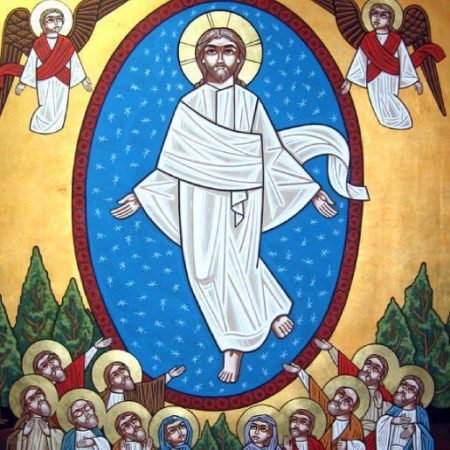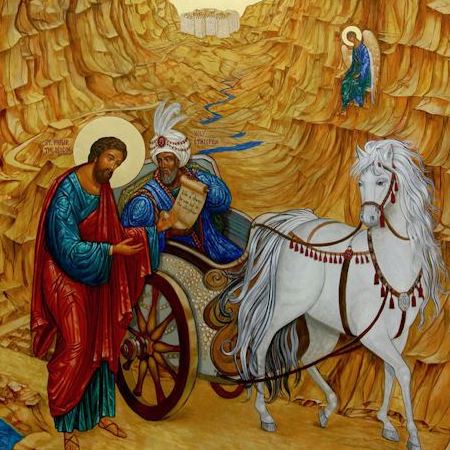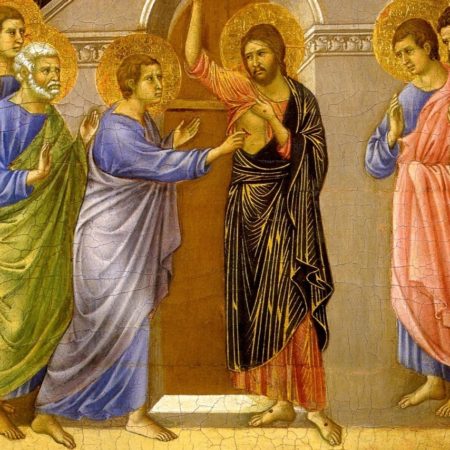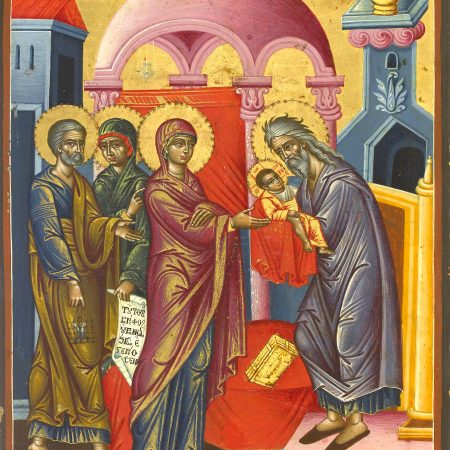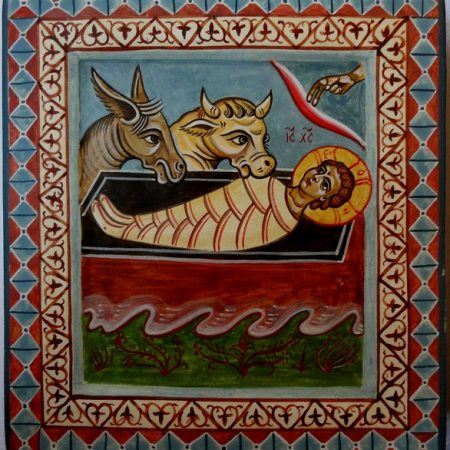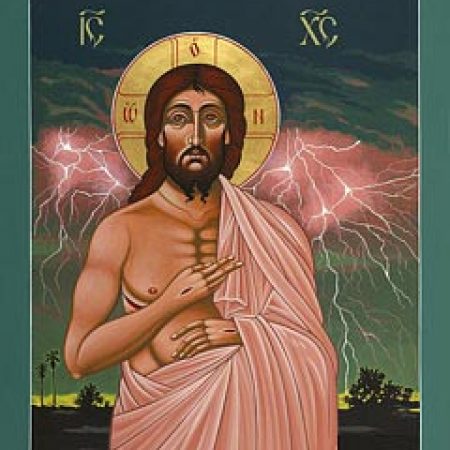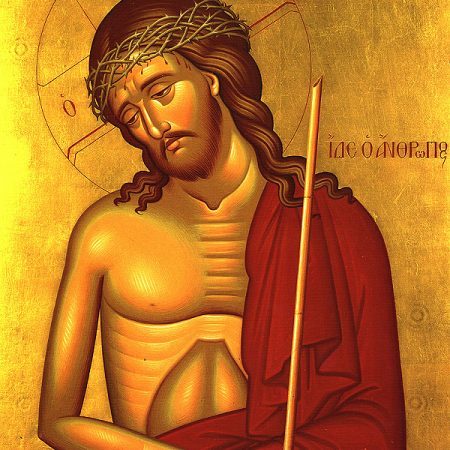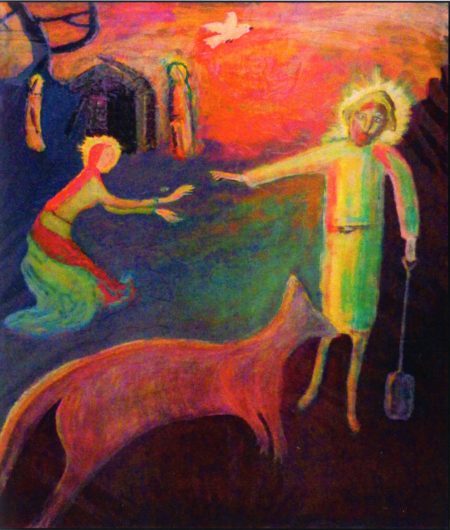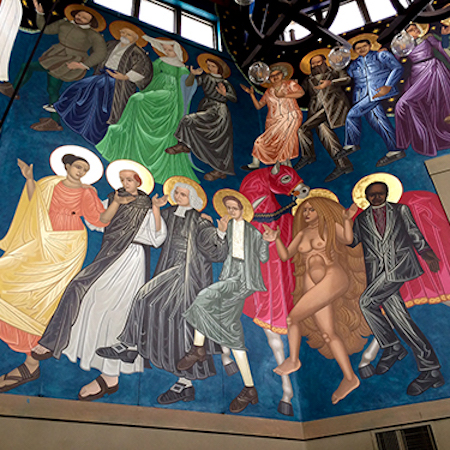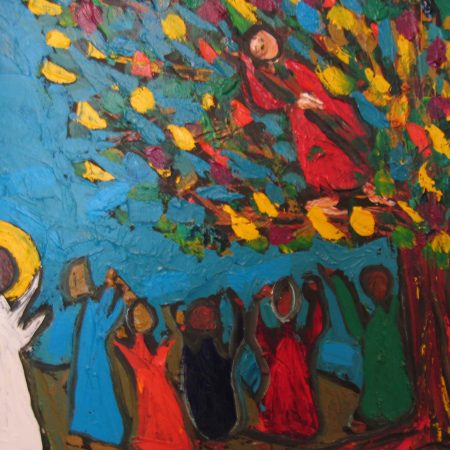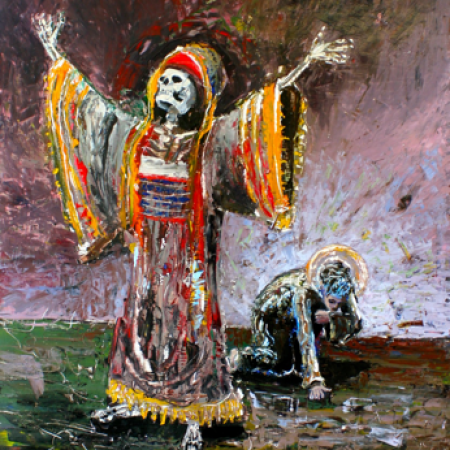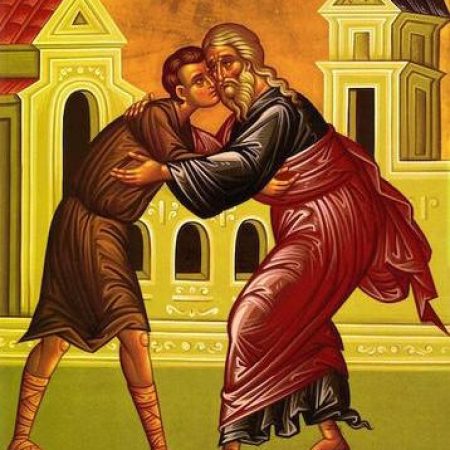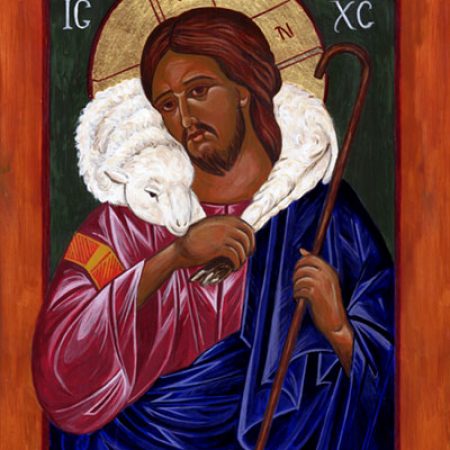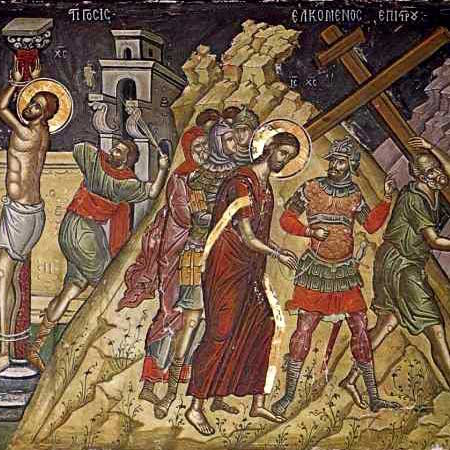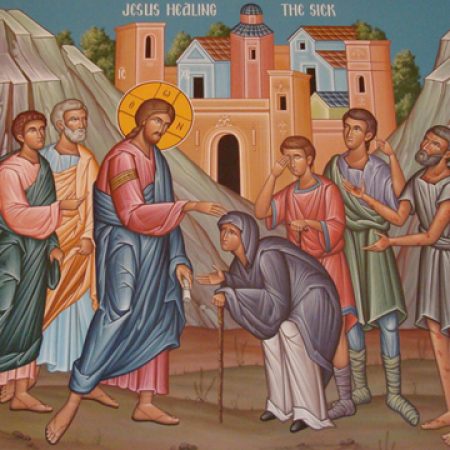The ascension is the completion of the cosmic liturgy that frees us from our entanglement in sin, lifts us into the holy of holies, and sends us forth as the body of Christ for the world.
Sermons on Luke (Page 5)
Rather than close the book on who can and cannot be accepted into the church, the Bible calls us to follow Jesus on a path of continually expanding inclusion.
By lifting us out our enthralment to evil and death, Jesus sets us free from all that corrupts us and opens us to share real life with him.
Jesus was born to reveal and fulfil what God had long sought to do; set people free to live joyously as God’s children.
The nativity story proclaims the basic themes of the gospel message; God enters into our suffering world as a victim of our violence, and is rejected by most but recognised by the nobodies.
Meeting us on the road of despair, Jesus reveals to us that suffering and defeat are God’s means of bringing new life and hope.
Jesus is the Word – what God has to say – who reveals true humanity and illuminates our path to becoming fully and truly human.
Floods of hostility and violence sweep people away, but we are called to prepare ourselves to stand firm with Jesus, and be left behind as those who will not succumb to the angry flood.
To name Christ as King is to identify ourselves as dissenters to the claims of any other authority and to critique all power-mongering.
Events of global chaos probably aren’t signs of God’s next big move, but we need to take seriously the call to live faithfully and courageously in the midst of them.
Being truly alive is a gift so extravagantly rich and wonderful that it can’t even be meaningfully contrasted with simply not being dead.
God’s self-giving is to all of humanity, all of the time, and we are called to lift our eyes beyond our immediate concerns and stand in solidarity with the faithful who have gone before us.
Before your past catches up with you, Jesus will try to blindside you with scandalous grace.
A healthy self-esteem is not one that thinks itself better than others, but one that, in solidarity with others, accepts the merciful gift of life and love that Jesus offers us.
Jesus offers us vision of the future which sharply differs from that offered by modern economics, and we need to intentionally nourish that vision.
God longs to welcome and bless us far more than we deserve, but if we don’t contribute to a culture of extravagant grace, we are unlikely to be able to receive it.
History will end with the unbridled joy of a loving shepherd who celebrates the neighbourhood filling up with dead losers who don’t deserve to be there.
The culture of God is so radical in its loving embrace of everyone that mainstream society will see it as a dangerous rejection of all it holds dear.
If we construct our identity around a pursuit of social esteem, we will degrade our true selves, but if we model ourselves on the generosity of God, we will find true life where few look for it.
True Christianity is not transactional but transformational. It is not a series of prescribed actions intended to please God, but the formation of a culture of grace and other-centred love.

